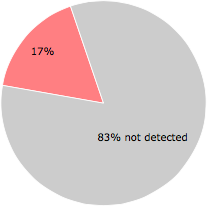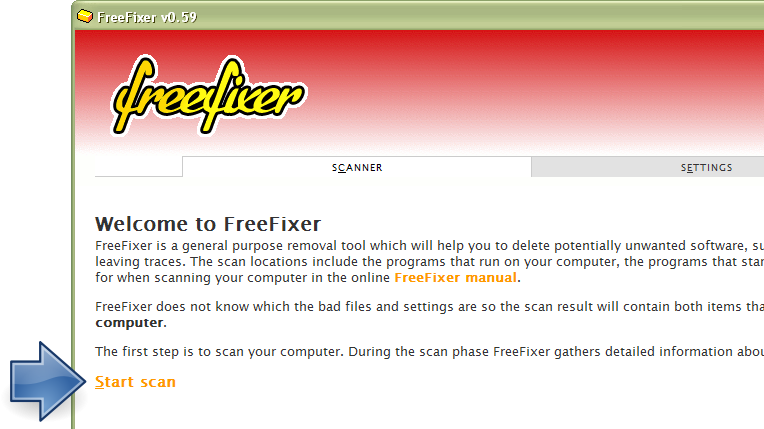What is 00000000?
00000000 is part of CHummer and developed by Elit -e - Company according to the 00000000 version information.
00000000's description is "Description is empty"
00000000 is digitally signed by Maxiget Limited.
00000000 is usually located in the 'c:\users\%USERNAME%\appdata\local\google\chrome\user data\default\file system\005\t\00\' folder.
Some of the anti-virus scanners at VirusTotal detected 00000000.
If you have additional information about the file, please share it with the FreeFixer users by posting a comment at the bottom of this page.
Vendor and version information [?]
The following is the available information on 00000000:
| Property | Value |
|---|---|
| Product name | CHummer |
| Company name | Elit -e - Company |
| File description | Description is empty |
| Internal name | TnT |
| Original filename | DHelper |
| Comments | Cmnts |
| Legal copyright | 2014 |
| Legal trademark | No |
| Product version | 3, 3, 53, 0 |
| File version | 3, 4, 17, 0 |
| Special build | 3, 3, 53, 0 |
Here's a screenshot of the file properties when displayed by Windows Explorer:
| Product name | CHummer |
| Company name | Elit -e - Company |
| File description | Description is empty |
| Internal name | TnT |
| Original filename | DHelper |
| Comments | Cmnts |
| Legal copyright | 2014 |
| Legal trademark | No |
| Product version | 3, 3, 53, 0 |
| File version | 3, 4, 17, 0 |
| Special build | 3, 3, 53, 0 |
Digital signatures [?]
00000000 has a valid digital signature.
| Property | Value |
|---|---|
| Signer name | Maxiget Limited |
| Certificate issuer name | Go Daddy Secure Certificate Authority - G2 |
| Certificate serial number | 043f9c868704fa |
VirusTotal report
9 of the 54 anti-virus programs at VirusTotal detected the 00000000 file. That's a 17% detection rate.
00000000 removal instructions
The instructions below shows how to remove 00000000 with help from the FreeFixer removal tool. Basically, you install FreeFixer, scan your computer, check the 00000000 file for removal, restart your computer and scan it again to verify that 00000000 has been successfully removed. Here are the removal instructions in more detail:
- Download and install FreeFixer: http://www.freefixer.com/download.html
- When the scan is finished, locate 00000000 in the scan result and tick the checkbox next to the 00000000 file. Do not check any other file for removal unless you are 100% sure you want to delete it. Tip: Press CTRL-F to open up FreeFixer's search dialog to quickly locate 00000000 in the scan result.



 c:\users\%USERNAME%\appdata\lo..\user data\default\file system\005\t\00\00000000
c:\users\%USERNAME%\appdata\lo..\user data\default\file system\005\t\00\00000000 
- Restart your computer.
- Start FreeFixer and scan your computer again. If 00000000 still remains in the scan result, proceed with the next step. If 00000000 is gone from the scan result you're done.
- If 00000000 still remains in the scan result, check its checkbox again in the scan result and click Fix.
- Restart your computer.
- Start FreeFixer and scan your computer again. Verify that 00000000 no longer appear in the scan result.
Other files also named 00000000
00000000 (25 votes)
Hashes [?]
| Property | Value |
|---|---|
| MD5 | 3eb3052ba850e15cde1d8edefb0e5f24 |
| SHA256 | 5e95cf256c1a2ee8aa1a740048646bec8d9ab25f7a8933f3ce2e6d5a61ea7aad |
What will you do with 00000000?
To help other users, please let us know what you will do with 00000000:
Comments
Please share with the other users what you think about this file. What does this file do? Is it legitimate or something that your computer is better without? Do you know how it was installed on your system? Did you install it yourself or did it come bundled with some other software? Is it running smoothly or do you get some error message? Any information that will help to document this file is welcome. Thank you for your contributions.
I'm reading all new comments so don't hesitate to post a question about the file. If I don't have the answer perhaps another user can help you.
No comments posted yet.


